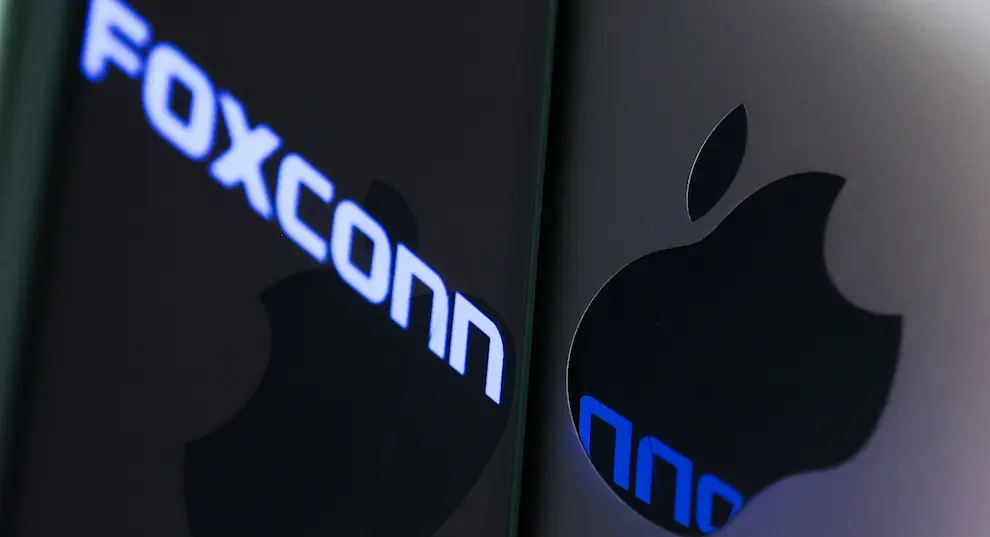
Foxconn’s recall of over 300 Chinese engineers from its Indian iPhone factories has sparked geopolitical tension
The Silent Recall: Foxconn’s Strategic Shift and China’s Shadow Play
In a development that stunned industry insiders, Foxconn, the world’s largest iPhone assembler, has repatriated over 300 Chinese engineers and technicians from its Indian facilities in Tamil Nadu and Karnataka. The move, which began quietly two months ago, coincides with Apple’s ramp-up for the iPhone 17 and its broader strategy to shift production away from China.
Table of Contents
While Foxconn informed the Indian government of the withdrawal, no specific reasons were provided. However, multiple reports suggest this exodus is part of Beijing’s informal campaign to restrict technology transfers and skilled labour exports to India and Southeast Asia. The timing couldn’t be more critical, India now produces nearly 20% of global iPhones, and Apple plans to manufacture most US-bound units in India by late 2026.
The Chinese engineers played pivotal roles in training Indian workers, managing assembly line automation, and ensuring quality control. Their sudden departure threatens to slow down production efficiency and raise costs, even if product quality remains unaffected.
India’s Response: Retrofitting, Replacements, and Resilience
To mitigate the impact, Foxconn is replacing the Chinese staff with Taiwanese and Vietnamese engineers. The company has also asked suppliers to retrofit machinery, originally configured in Chinese, to operate in English, enabling Indian engineers to take over operations.
The Indian government, while monitoring the situation, has stated that companies are free to hire globally and is open to working with industry to identify and train local talent. Despite the disruption, officials say there’s no immediate impact on iPhone production.
Foxconn continues to invest heavily in India, with a new iPhone plant under construction and plans to hire 1,000 additional local employees by mid-July. Apple, meanwhile, remains committed to its India expansion, having already exported $3.2 billion worth of iPhones from India between March and May 2025.
Geopolitics Meets Supply Chain: The Bigger Picture
This episode is more than a staffing reshuffle, it’s a geopolitical chess move. China’s clampdown on tech exports and skilled labour is seen as a response to the “China+1” strategy adopted by global firms seeking alternatives to Chinese manufacturing.
Apple’s diversification efforts began under Donald Trump’s tariff regime, and India emerged as a key player thanks to its PLI schemes and growing infrastructure. But Beijing’s latest manoeuvre, pulling back engineers and delaying equipment exports—could be a calculated attempt to slow India’s rise in the tech manufacturing hierarchy.
Industry experts warn that this could increase production costs, delay technology transfer, and impact timelines for the iPhone 17 rollout. While Apple has the financial muscle to absorb short-term shocks, the long-term implications of losing Chinese expertise are significant.
Conclusion:
Foxconn’s recall of Chinese engineers from India is a wake-up call for global tech giants navigating the fragile terrain of geopolitics and supply chains. As India steps up to become Apple’s next manufacturing hub, the silent tug-of-war with China could define the future of electronics production. For now, India must accelerate its talent development and tech independence because the world is watching.
Stay updated with the latest news on Rapido Updates. Keep yourself updated with The World, India News, Entertainment, Market, Automobile, Gadgets, Sports, and many more
1 thought on “Foxconn’s Strategic Exodus: China’s Grip Jeopardizes Apple’s Bold Manufacturing Bet in India”